It broke my heart in so many ways to have people who I stood beside to advocate for the protection of salmon not speak up for the protection of Black people.”
– Leah Thomas
What is intersectional environmentalism and how is environmental justice related to racial justice?
After seeing how much race and people of color were left out of the mainstream environmental movement, Leah Thomas knew she needed to advocate for a more inclusive form of environmentalism.
Today she’s a thoughtful advocate for intersectional environmentalism. Leah insists that every environmentalist should be anti-racist. In our chat we explore:
- How her personal experience of the killing of Michael Brown made her look at environmental science in a new way
- What intersectional environmentalism is and why it matters in 2020
- How she responds to the argument that we live in a colorblind society
- What environmental lessons we can all learn from Indigenous people
- Where she hopes to see the intersectional environmental movement go in the future
This episode is packed with compassion, wisdom, and hope. Leah will change the way you think about nature for the better.
Show Notes:
- Learn more about Leah and intersectional environmentalism on her website and her Instagram.
- Intersectionality as a term and concept was first coined by lawyer, scholar, and civil rights advocate Kimberlé Crenshaw in 1989.
- 1491 is a fascinating and eye-opening account of indigenous civilizations and ecology before the arrival of Europeans in the Americas.
- The Cahokia mounds sit on the location of one of the largest settlements in North America before European contact.
- Leah’s Vogue article “Why Every Environmentalist Should Be Anti-Racist” is a must-read.
- Leah is a big fan of the poem “Harlem” by Langston Hughes
- Leah recommends reading books like Braiding Sweetgrass: Indigenous Wisdom, Scientific Knowledge, and the Teachings of Plants by Robin Wall Kimmerer or Black Nature: Four Centuries of African American Nature Poetry, Edited by Camille T. Dungy.
- Leah’s go-to karaoke song is “No Scrubs” by TLC
If you enjoyed listening to Leah talk about intersectional environmentalism, you might also enjoy Making Space for Civic Life with Manny Yekutiel.
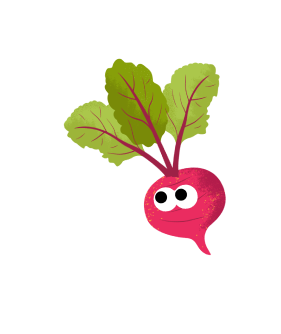
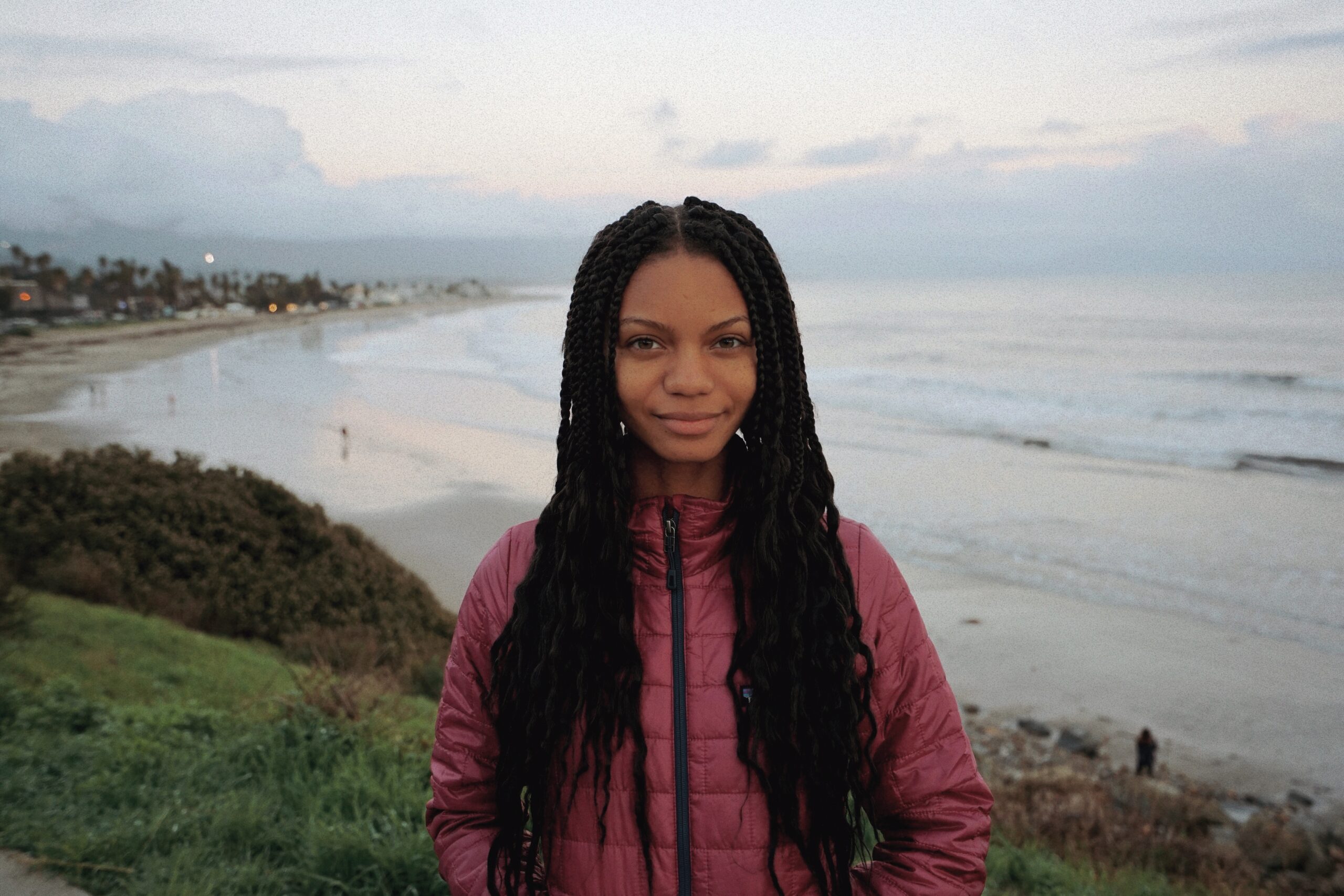


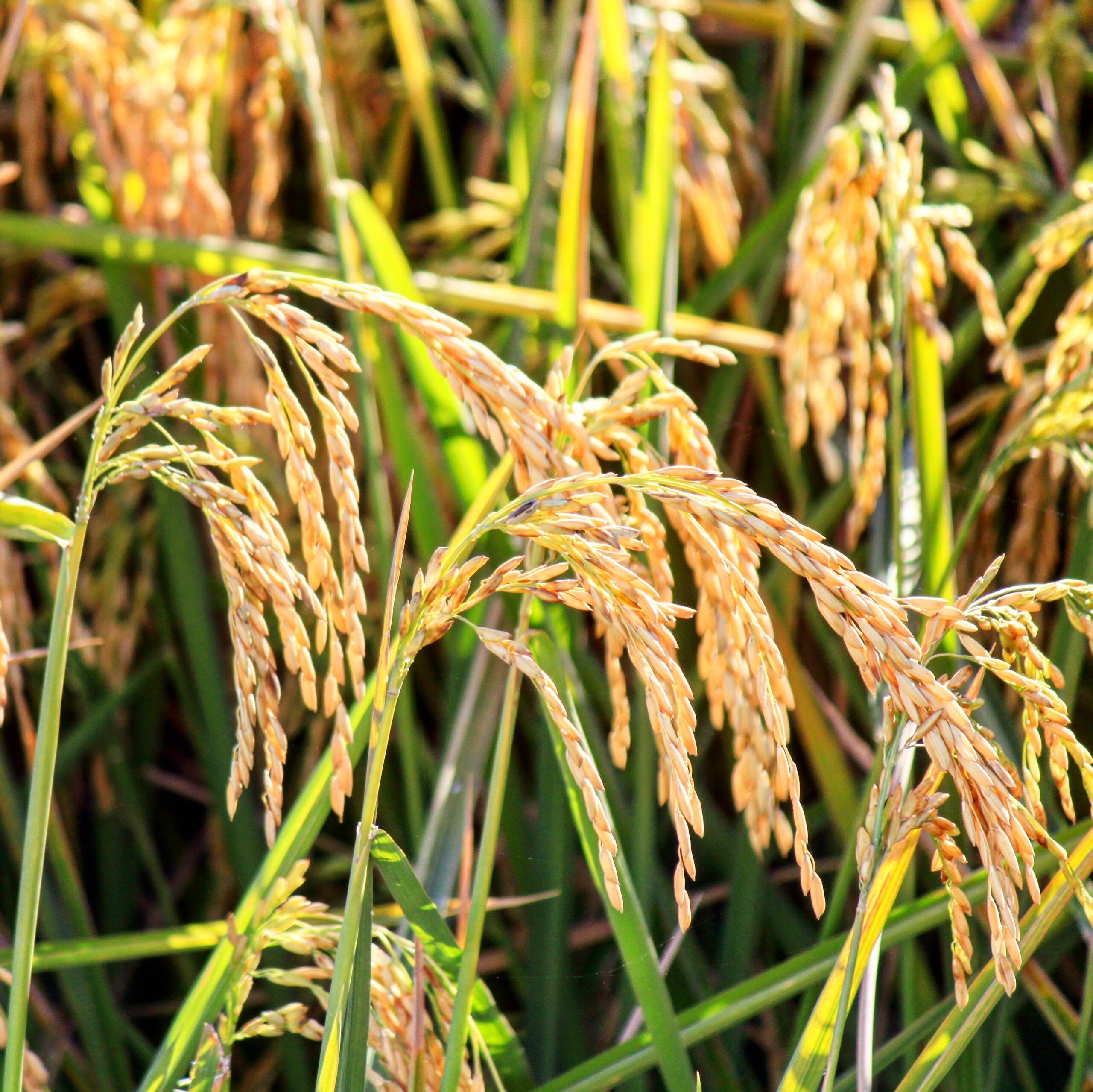
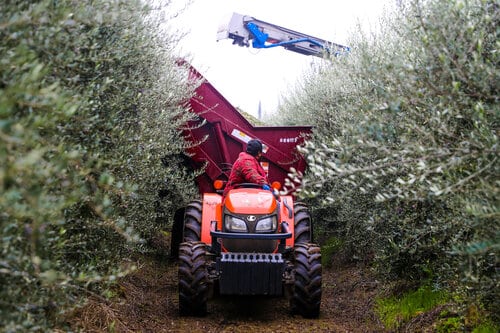
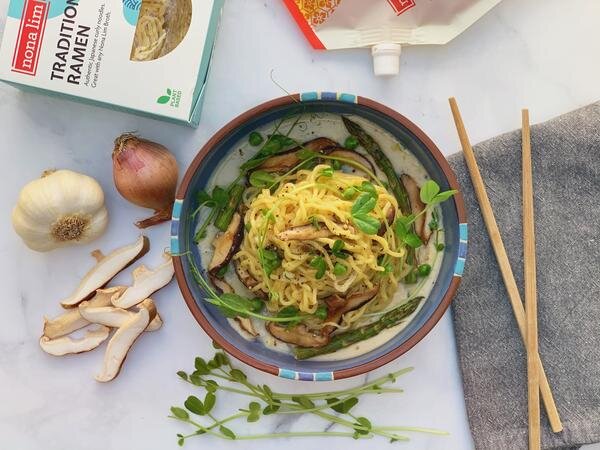
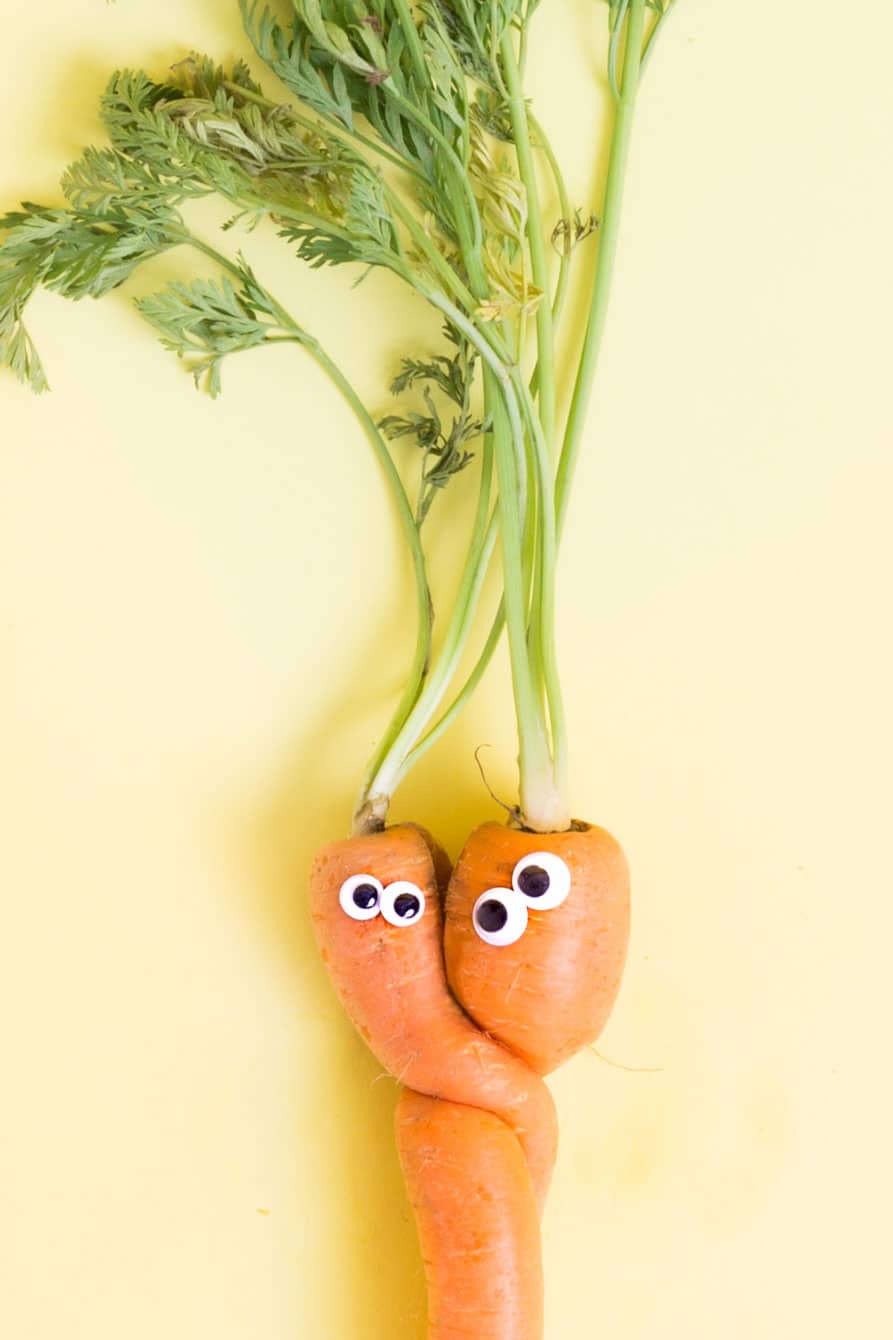
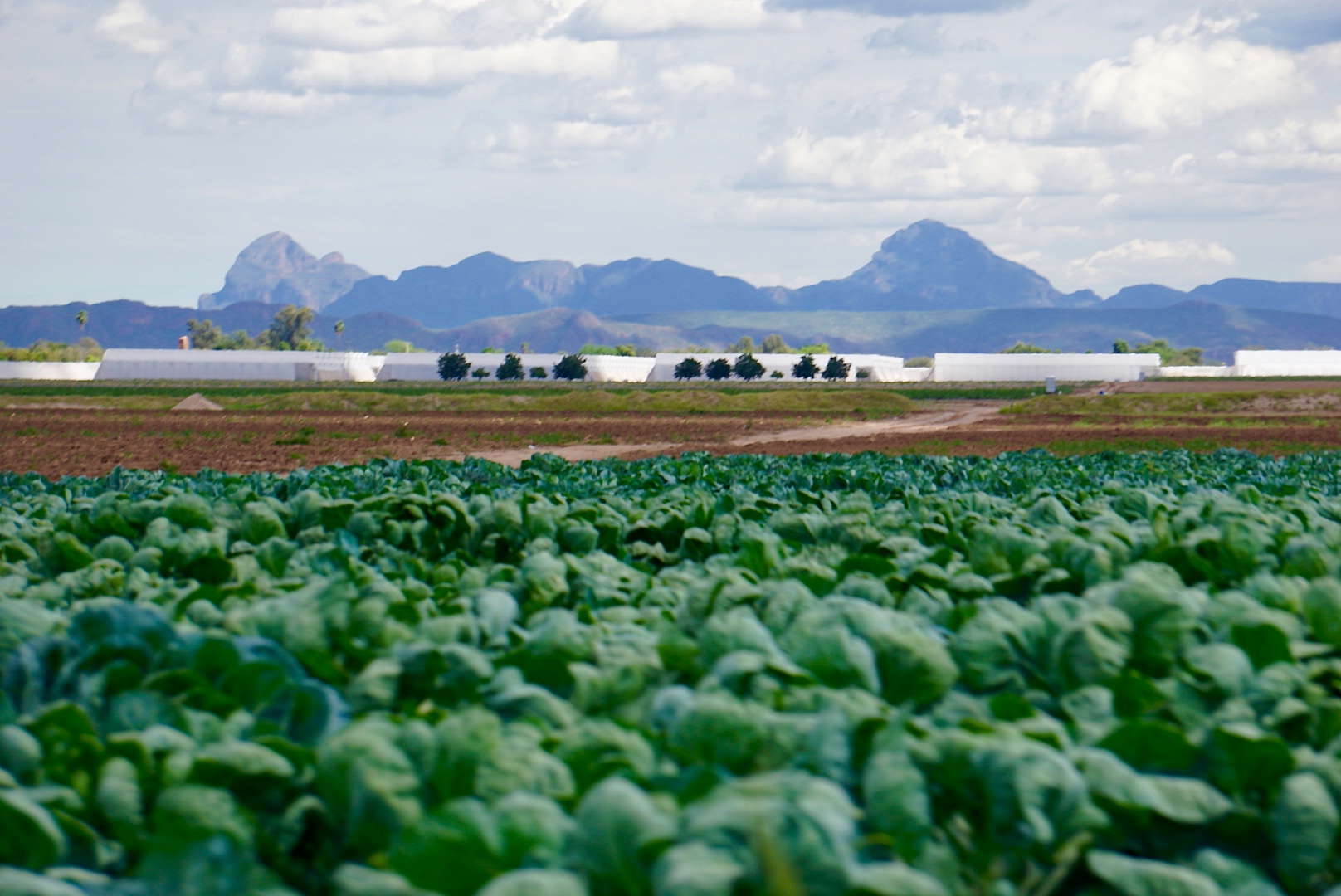

Great interview. Loved learning about Leah Thomas’s work and being introduced to her personable voice and style! Would love to hear more from her.